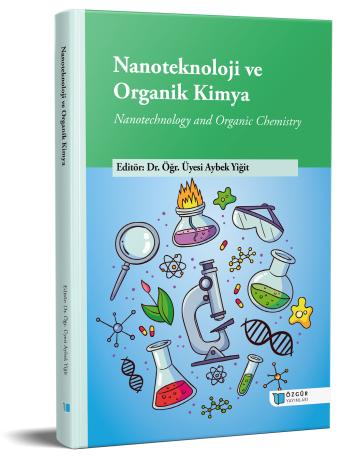
Asthma and Leukotriene Receptor Antagonists
Chapter from the book:
Yiğit,
A.
(ed.)
2023.
Nanotechnology and Organic Chemistry.
Synopsis
Asthma, a chronic inflammatory respiratory disease that presents with the symptoms of shortness of breath, chest congestion, wheezing and cough, brings a financial burden not only to the patient but also to the society, considering the direct expenses such as medicine and health services and the indirect expenses arising from loss of productivity. Therefore, the development of novel drug molecules is an ongoing challenge in the treatment of asthma. Although there is no radical cure yet, asthma can be controlled with appropriate treatment. The aim of treatment is to control symptoms, improve respiratory functions and prevent attacks. For this purpose, drugs that are used in asthma treatment are grouped as "quick-relief drugs" and "controller drugs". The first of these are bronchodilators, which act quickly and relieve symptoms, and are used when necessary. The other group includes anti-inflammatory drugs used regularly for a long time, which help keep asthma under control. Inhaled steroids are the most effective controllers. However, the lack of response of some patients to corticosteroid treatment, difficulties in compliance with inhaler medications, and undesirable side effects of steroids have proven the need for new approaches in the anti-inflammatory treatment of asthma. Among the novel drugs developed for this purpose, leukotriene receptor antagonists have been the group with the most expected benefit. Montelukast, zafirlukast and pranlukast are leukotriene receptor antagonists available for use. Although only three drugs have been approved yet, studies show that novel leukotriene receptor antagonists may be used in the treatment of asthma in the near future.

